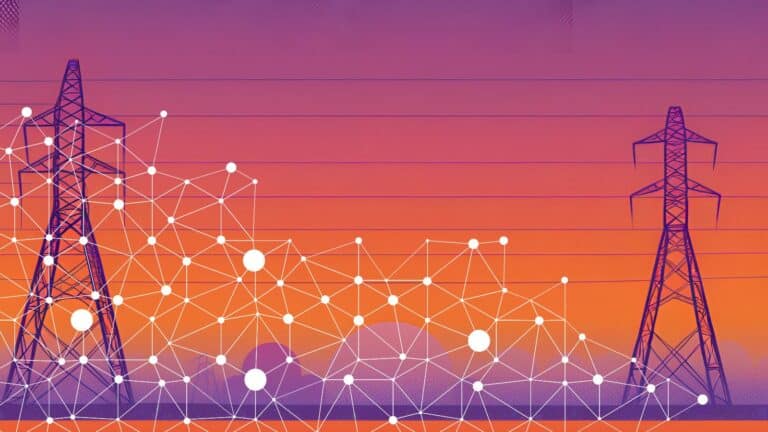Pentagon’s Critical Mineral Stockpiling Plan Points To Shortage Expectations
Defense Logistics Agency is buying critical minerals to secure supply chains from China's control. Stockpiling efforts are ramping up.
Current Access Level “I” – ID Only: CUID holders, alumni, and approved guests only
Research Associate
Asia + Pacific North America Climate Change Hydrogen Renewable Energy

AI’s growing power demand has received enormous attention in recent months. In many places, the lack of power supplies is an important constraint on the growth of data centers to train and run AI models.

Can artificial intelligence help cut emissions of greenhouse gases? In this second edition of the Artificial Intelligence for Climate Change Mitigation Roadmap, a team of 25 co-authors led by CGEP Inaugural Fellow David Sandalow explores that question, finding that AI has the potential to make significant contributions to fighting climate change. The Roadmap’s 17 chapters provide introductions to AI and climate change, examine the potential for AI to help reduce greenhouse gas emissions in eight sectors and discuss cross-cutting topics such as large language models and government policy. Each chapter includes 5-10 specific, actionable recommendations for realizing AI’s potential to help fight climate change.

China’s commitment to what it calls its “dual carbon” goals of carbon neutrality by 2060 and to ammonia’s potential role as a hydrogen derivative and carrier have fostered expectations that its renewable ammonia market will expand significantly and thus so will production.

As the science about the climate impact of hydrogen becomes clearer, discussions on whether a dedicated law is needed to detect and repair leaks from infrastructure are also gaining momentum.
Electra and Boston Metal are among a handful of startups seeking to upend the traditional emissions-intensive way of making steel.
Rapid decarbonization efforts have been turning to novel low-carbon hydrogen applications as a potential solution for hard-to-abate sectors.

